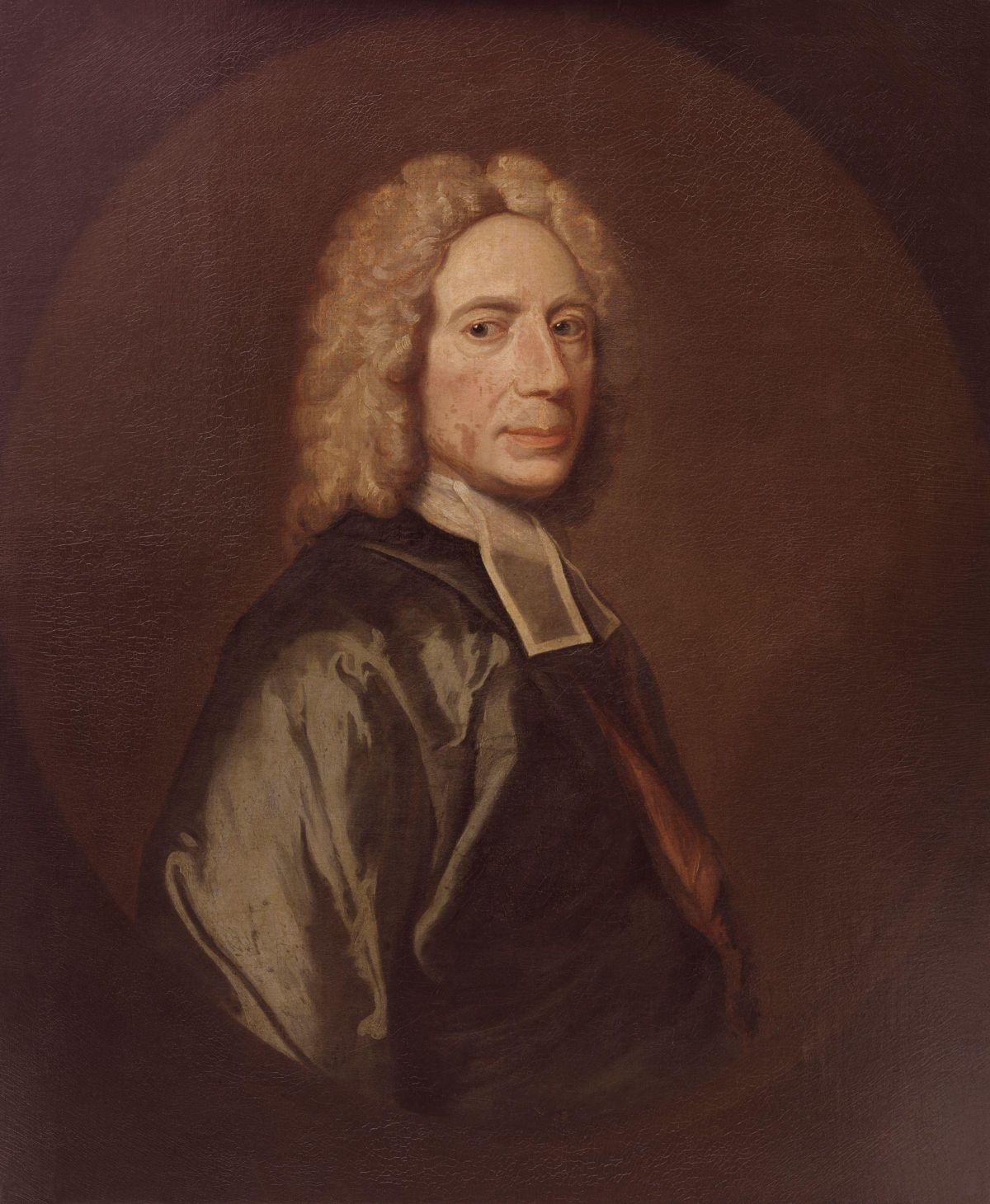
Next up is ‘Joy to the world’ by Isaac Watts, to the tune ANTIOCH by Lowell Mason (with, perhaps, a little help from G. F. Handel).
Isaac Watts (1674-1748) was born in Southampton and studied at King Edward VI School. As a nonconformist (and thus barred from Oxford or Cambridge) he went on to a Dissenting Academy at Stoke Newington, and progressed to training preachers in an independent chapel. He also took on work as a private tutor and, being invited to the home of Sir Thomas Abney in that capacity for a week, ended up staying there for 36 years. It was in this period (from 1712 onwards) that he wrote his most famous hymns, including ‘O God, our help in ages past’, ‘When I survey the wondrous Cross’ and ‘Jesus shall reign where’er the sun’. Although now regarded as a Christmas carol, ‘Joy to the world’ actually refers to the future second coming of Christ, rather than his birth, and the joy of the title thus refers to the ultimate fulfilment of God’s promise.
Lowell Mason (1792-1872) argued (and was later criticised for it) that an American culture of hymnody should be based on the work of European classical composers. To this end, many of his hymn-tunes drew heavily on the previous works of Handel, Haydn and Mozart. However ANTIOCH, while usually attributed to Handel, possibly owes more to Mason himself. It is true that the first four notes (‘Joy to the world’), and the repeated refrain (i.e. ‘and heav’n and nature sing’) are extracted from Handel’s Messiah, but it was never conceived as a continuous piece, and the rest of the tune is original. It might even be argued that ANTIOCH is Mason’s affectionate pastiche of Handel.
We present an alternative arrangement of this carol with a new harmonisation and descant – this time, however, for the little-used third verse of Watts’ text. As ever, it’s free to download and use, so please do so, and let us know how you get on. And we’d be delighted to receive any audio or video of your attempts.

